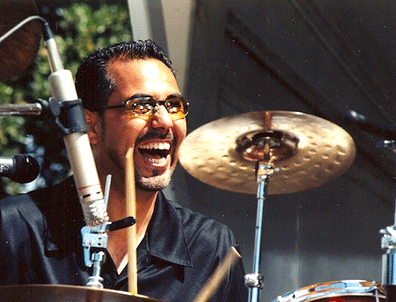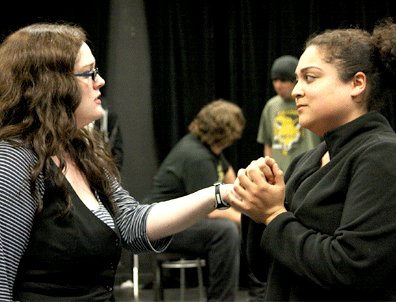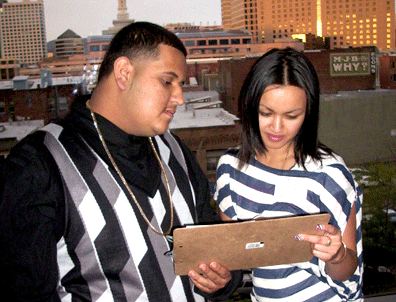
Latin jazz continues to burn hot in communities across the country because of pioneers and innovators such as the Bay Area’s own René Escovedo. Born into a legendary Latin jazz family, Rene’s passion for music and drumming was both in his DNA and his environment. With famous uncles Coke and Pete Escovedo of latin rock group Carlos Santana, and famous cousins Sheila E., Juan Escovedo, and Peter Escovedo, it’s no surprise that René began


